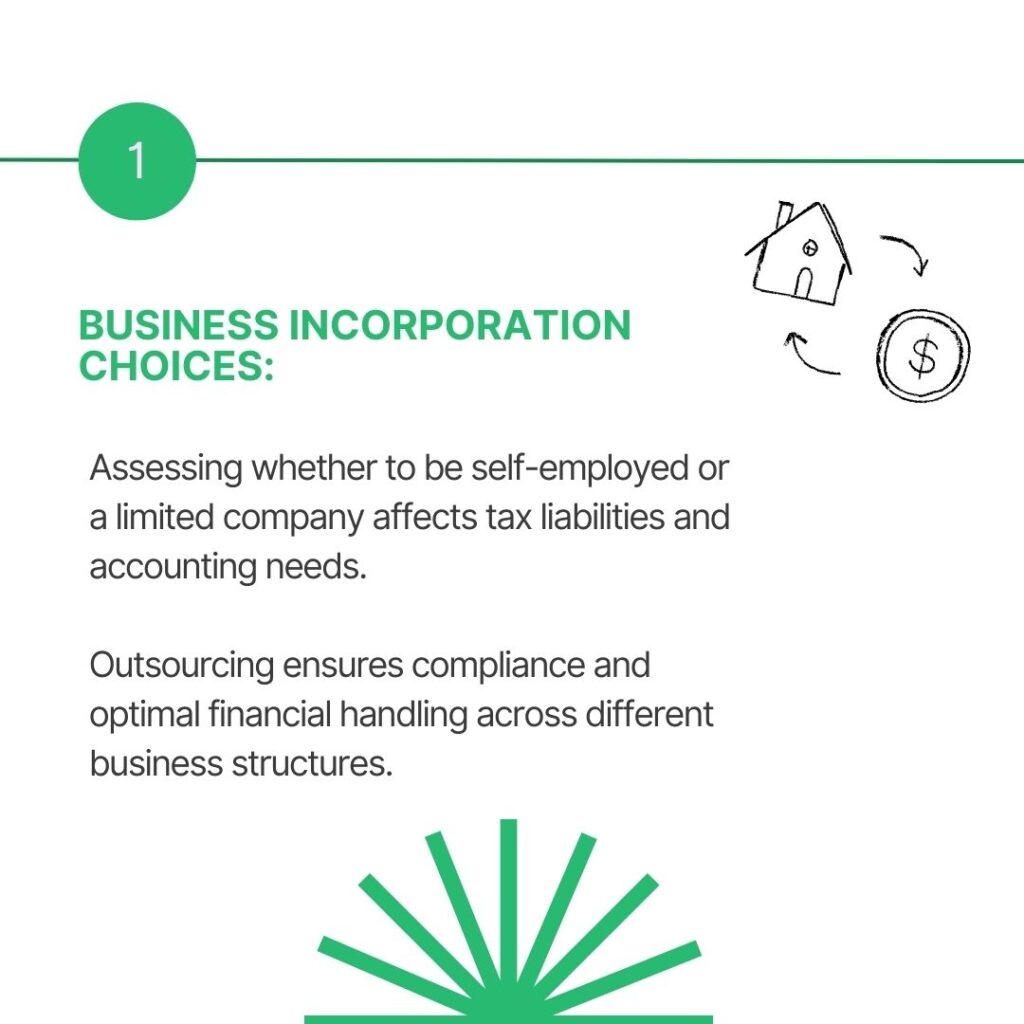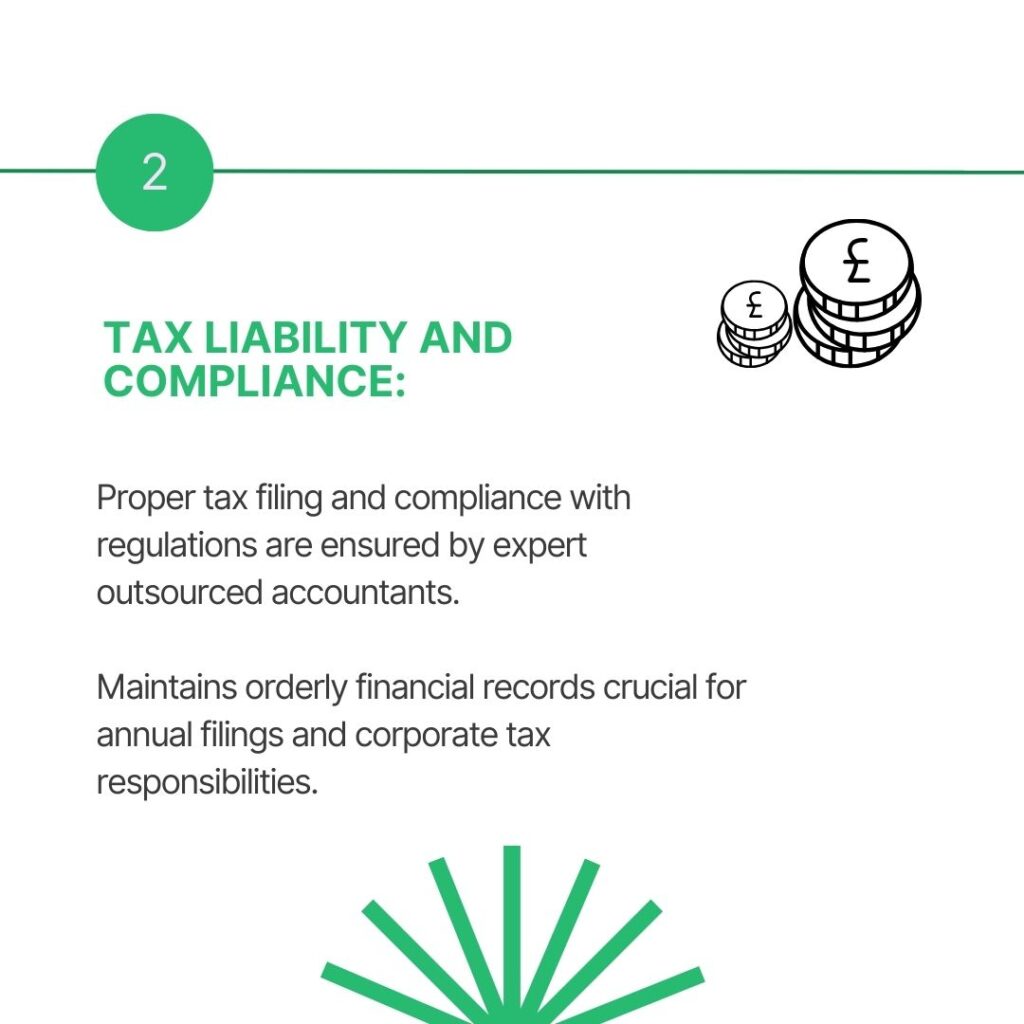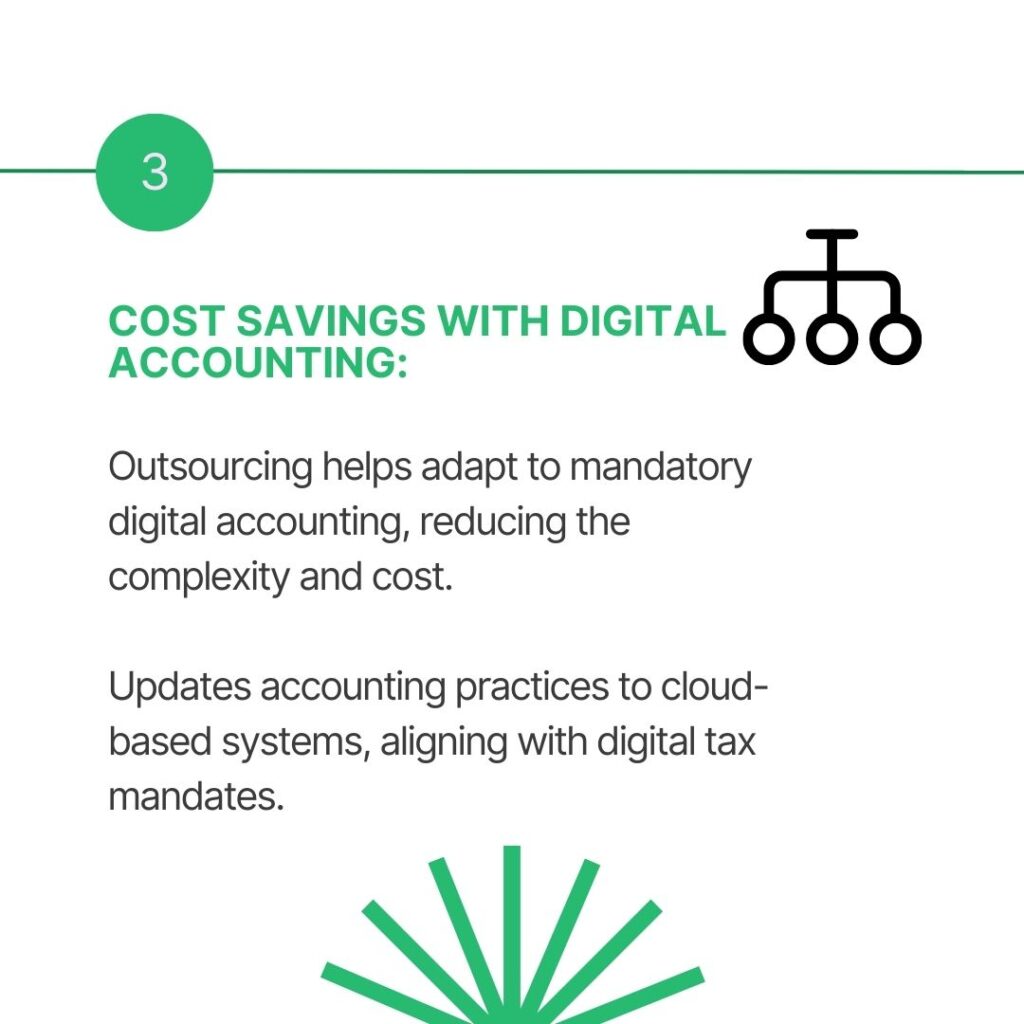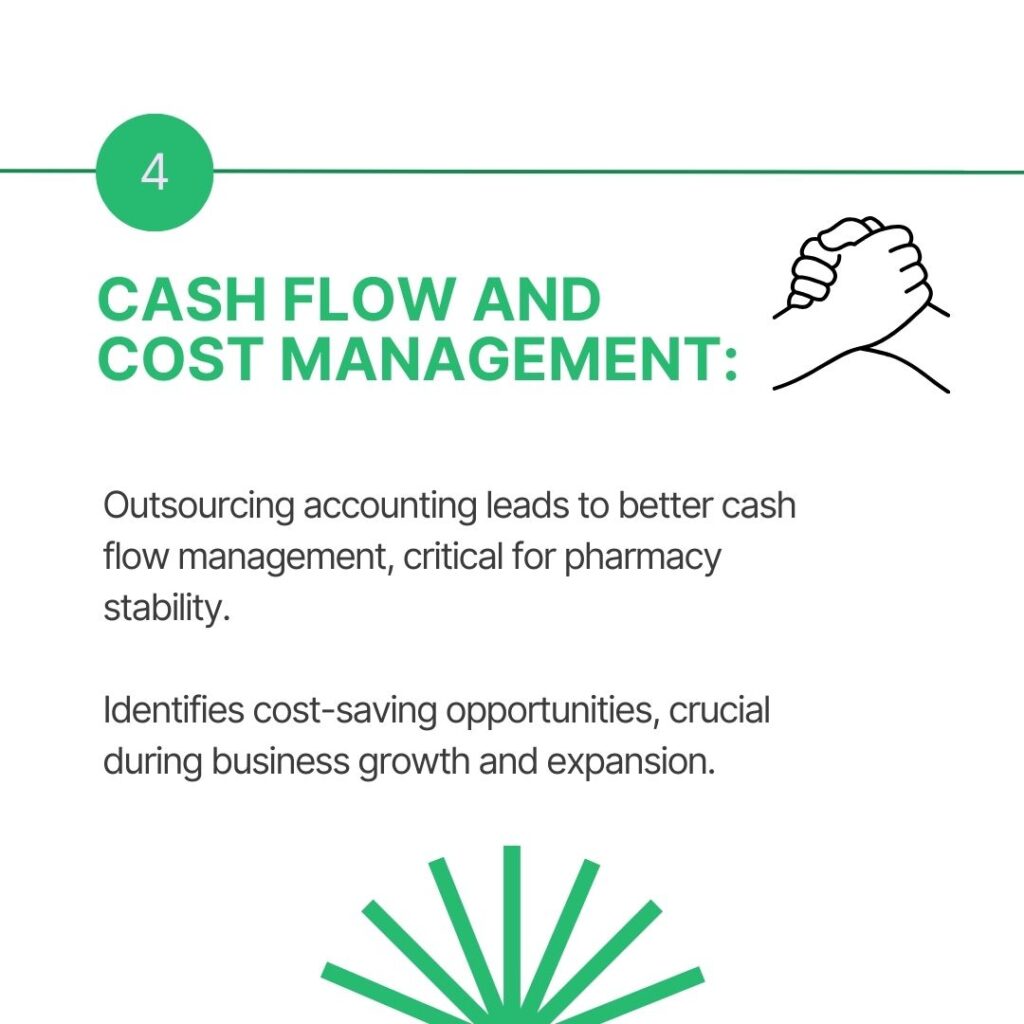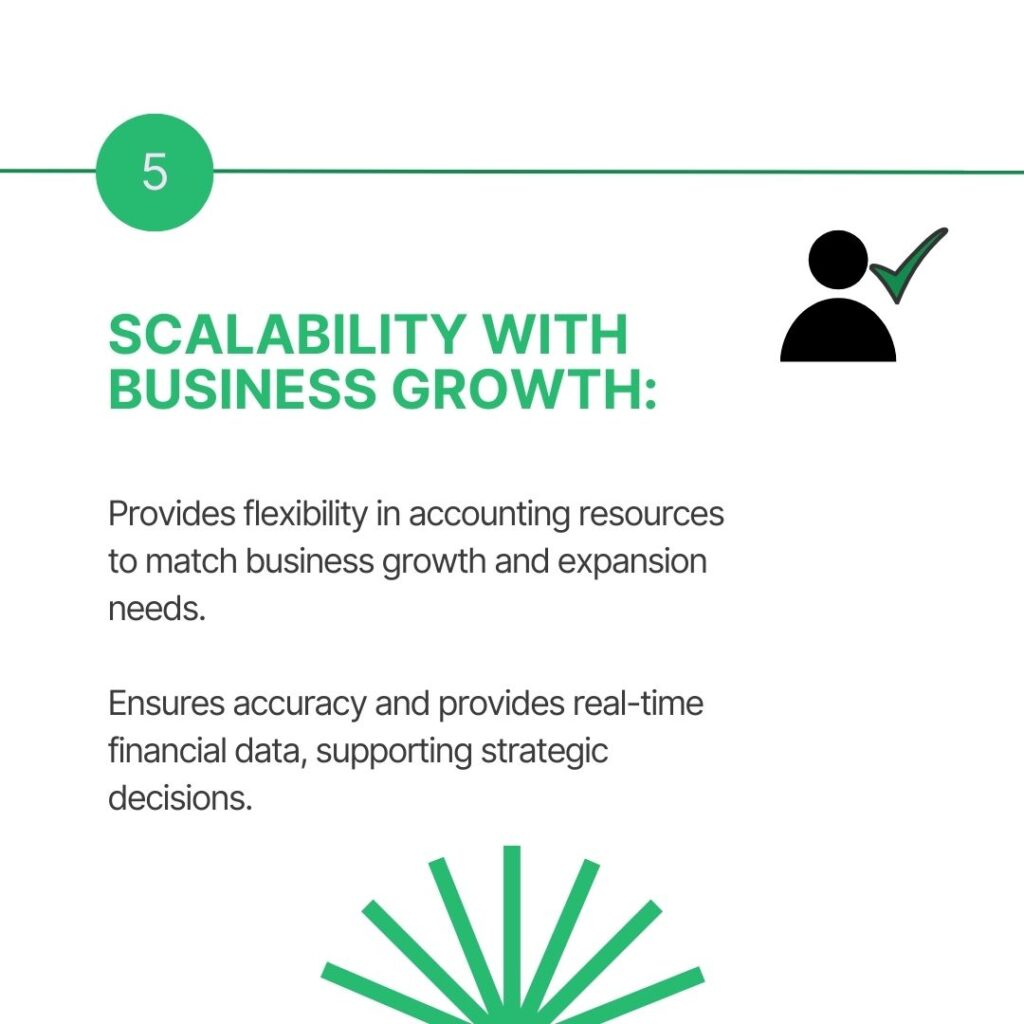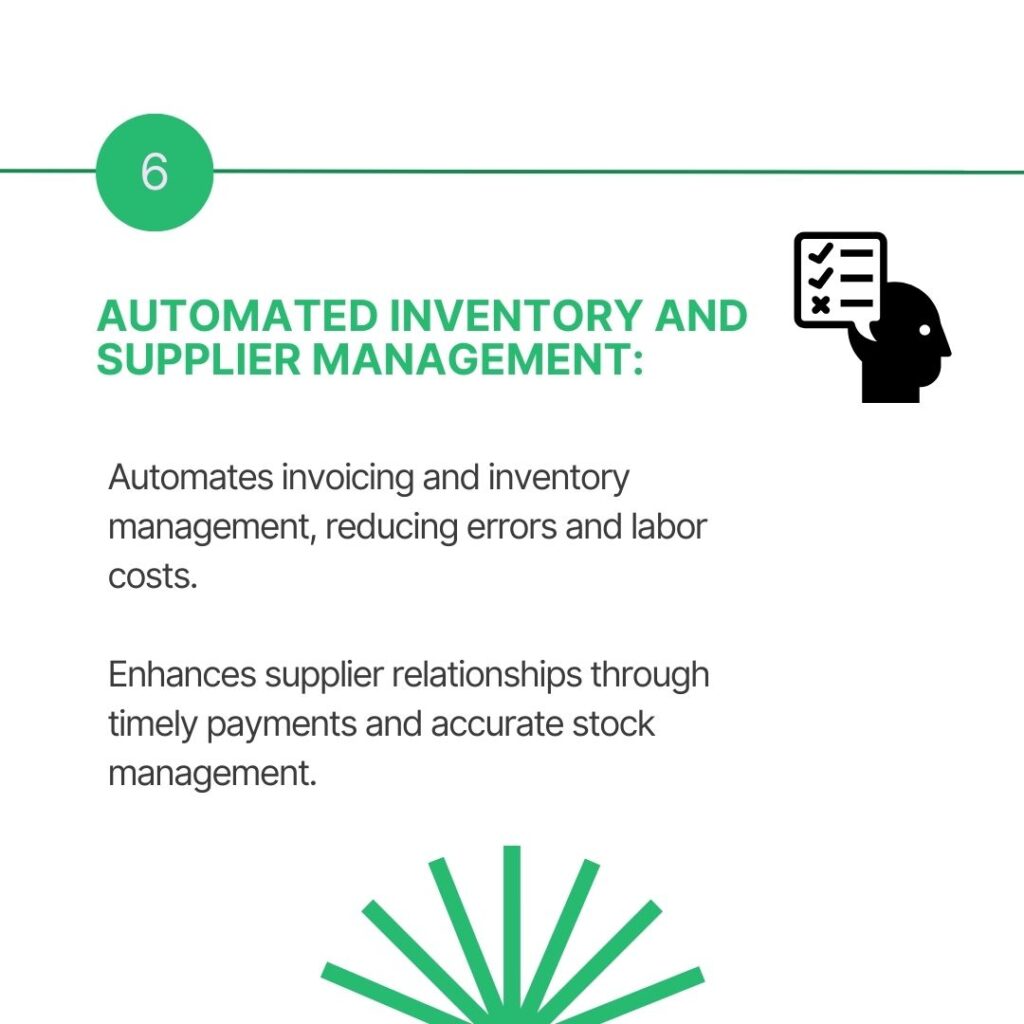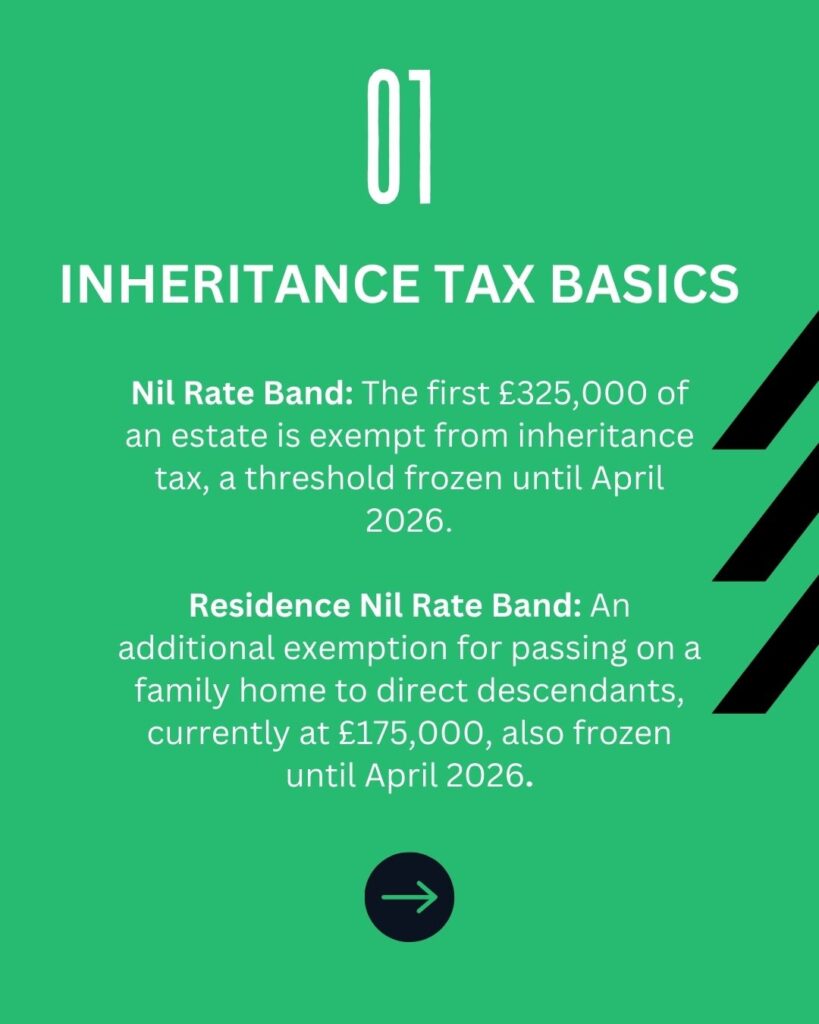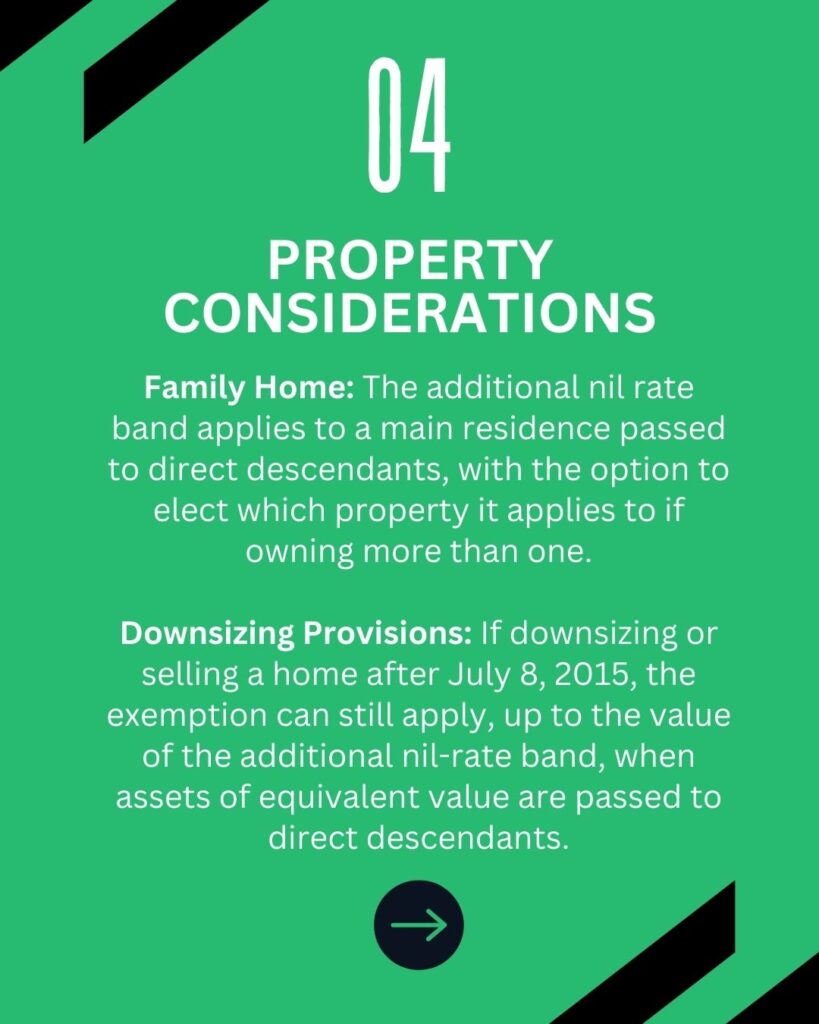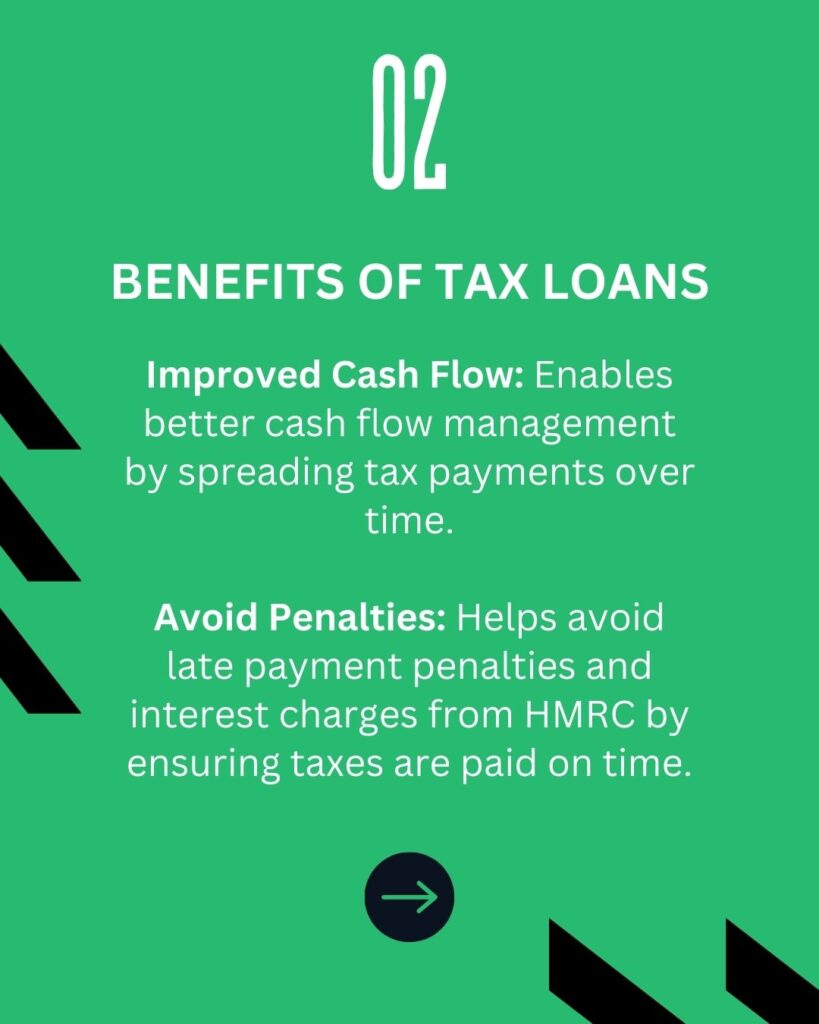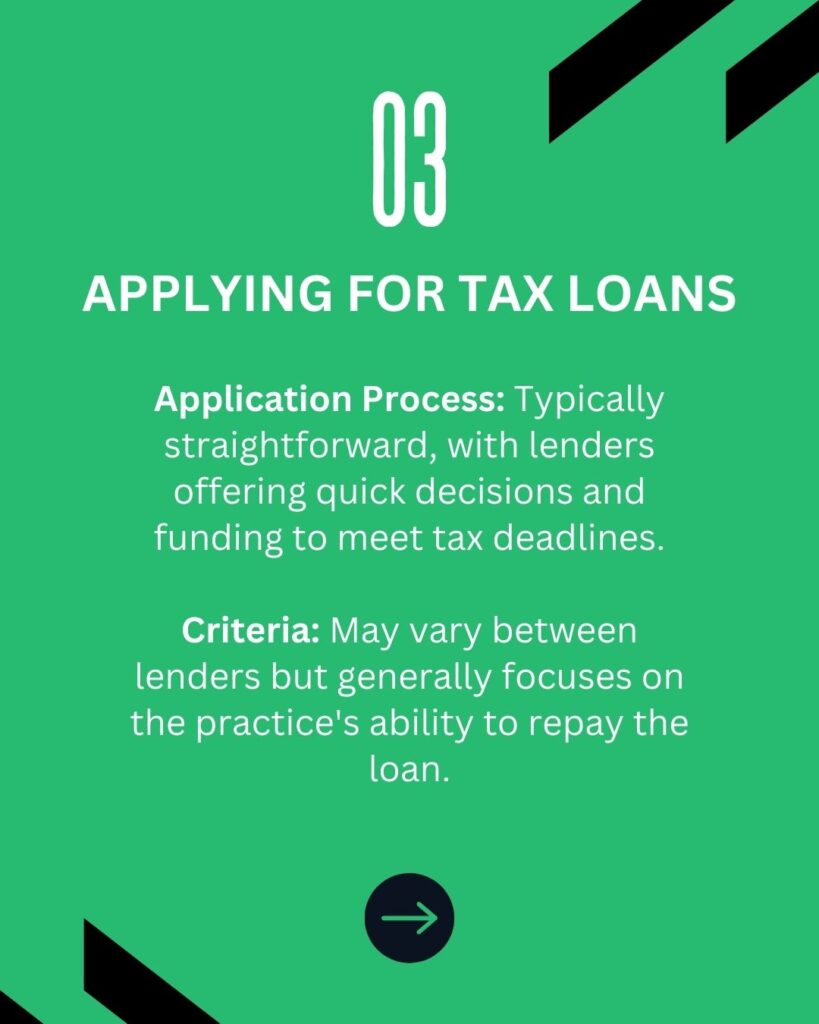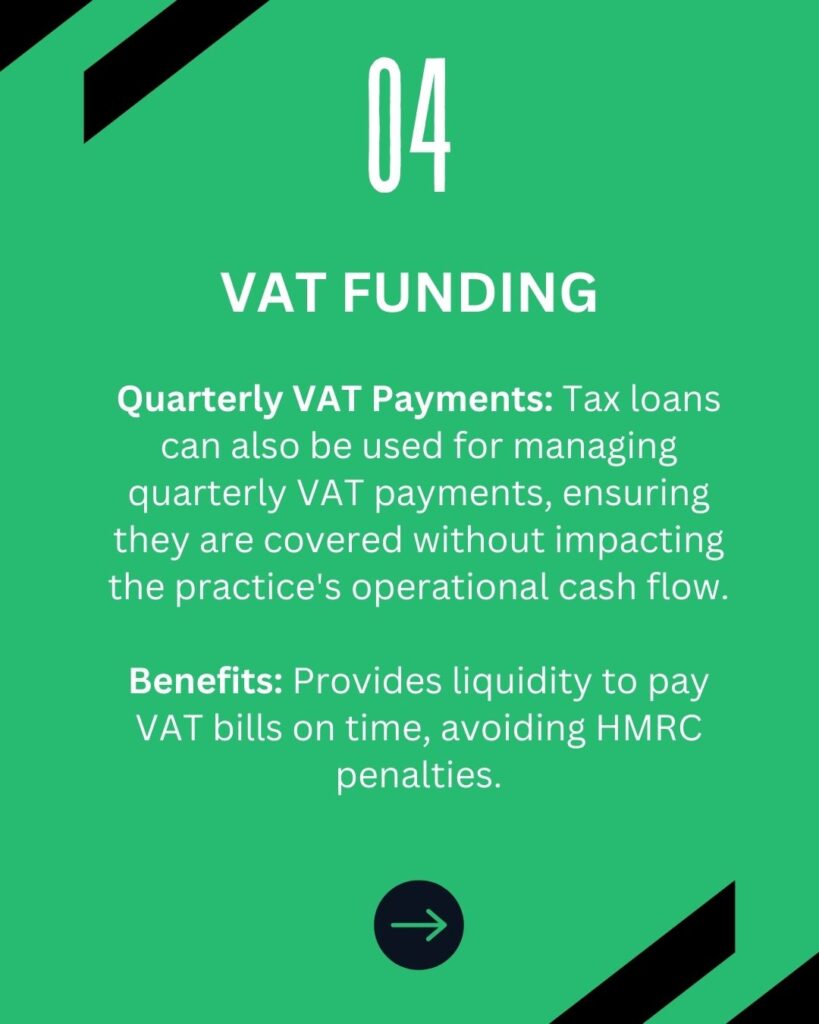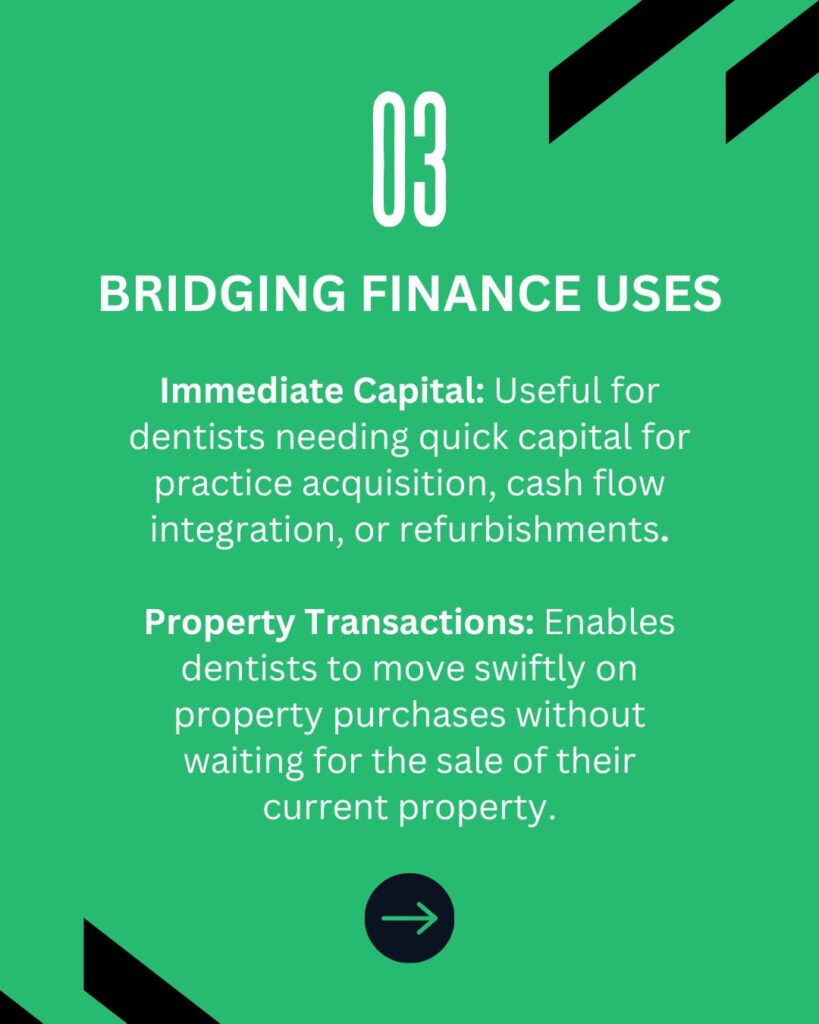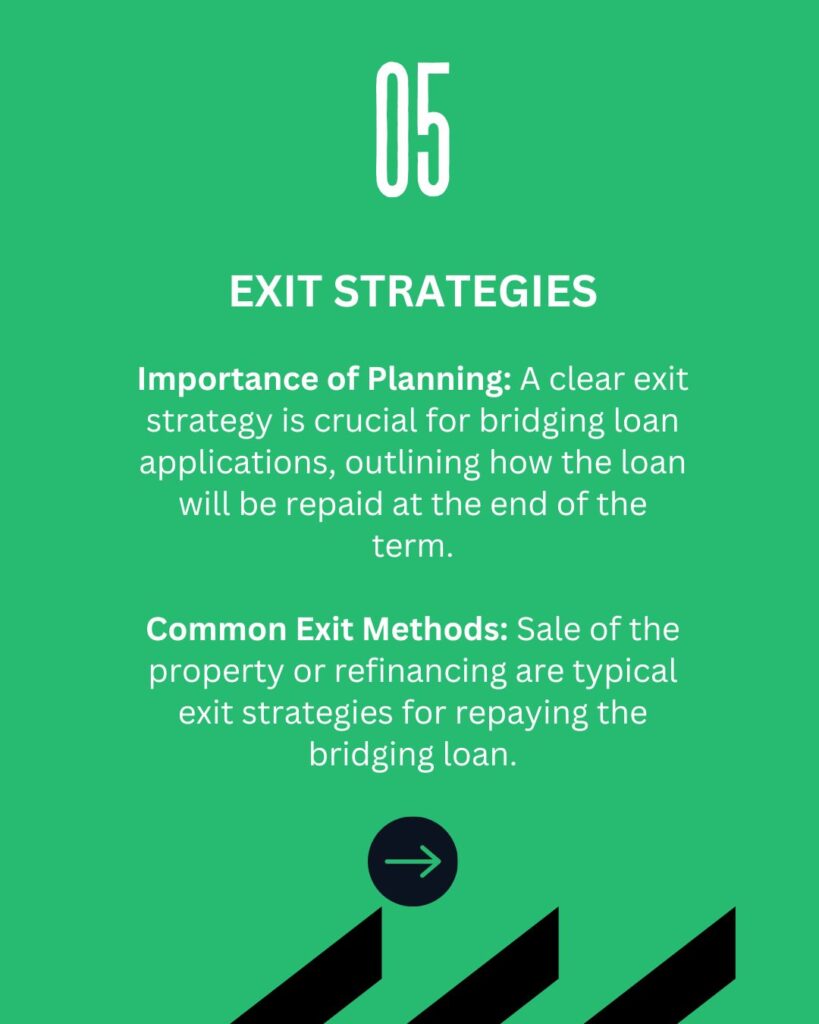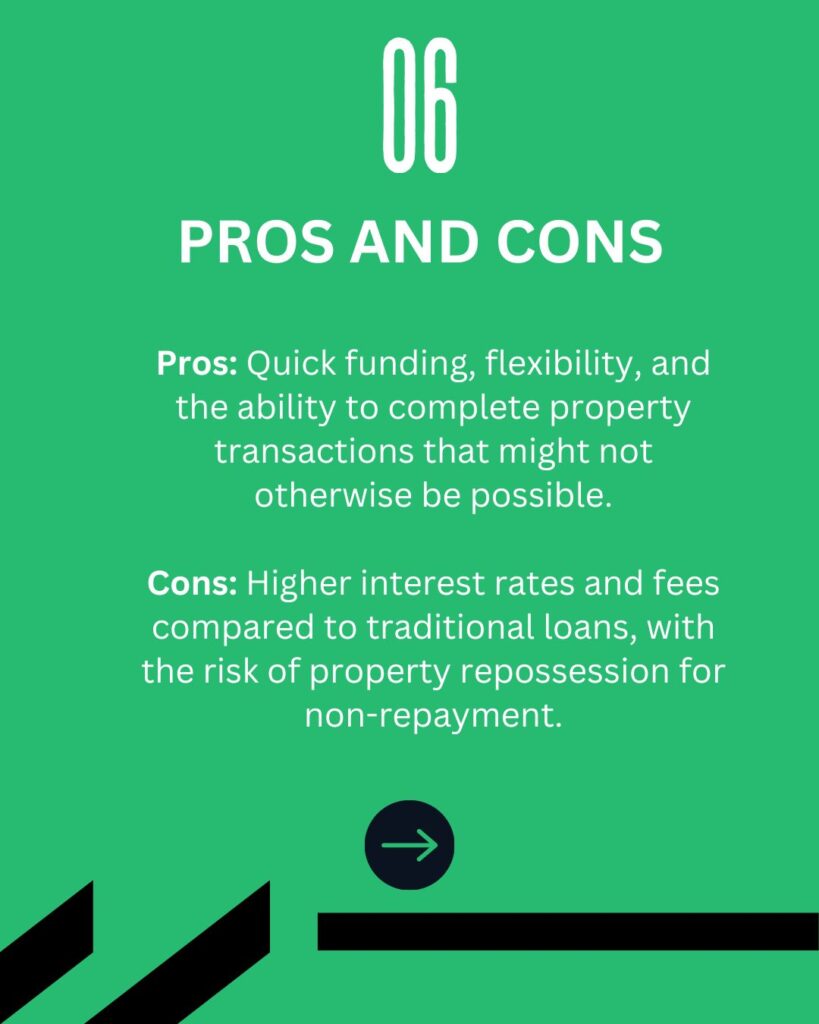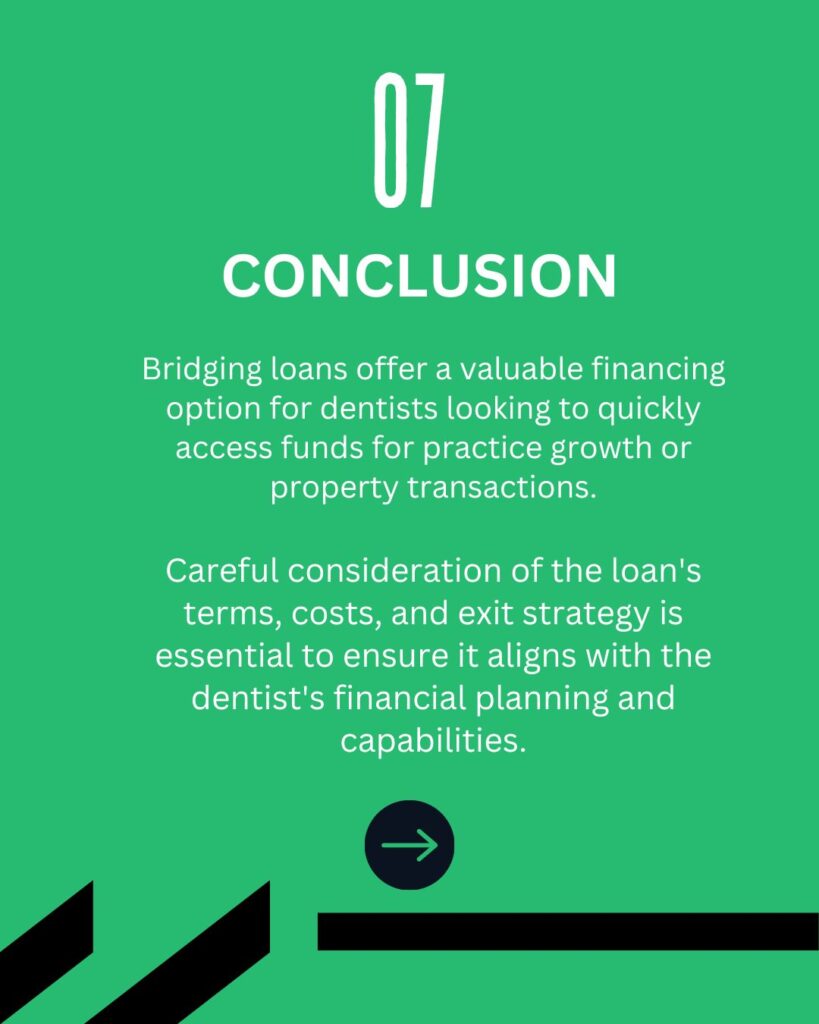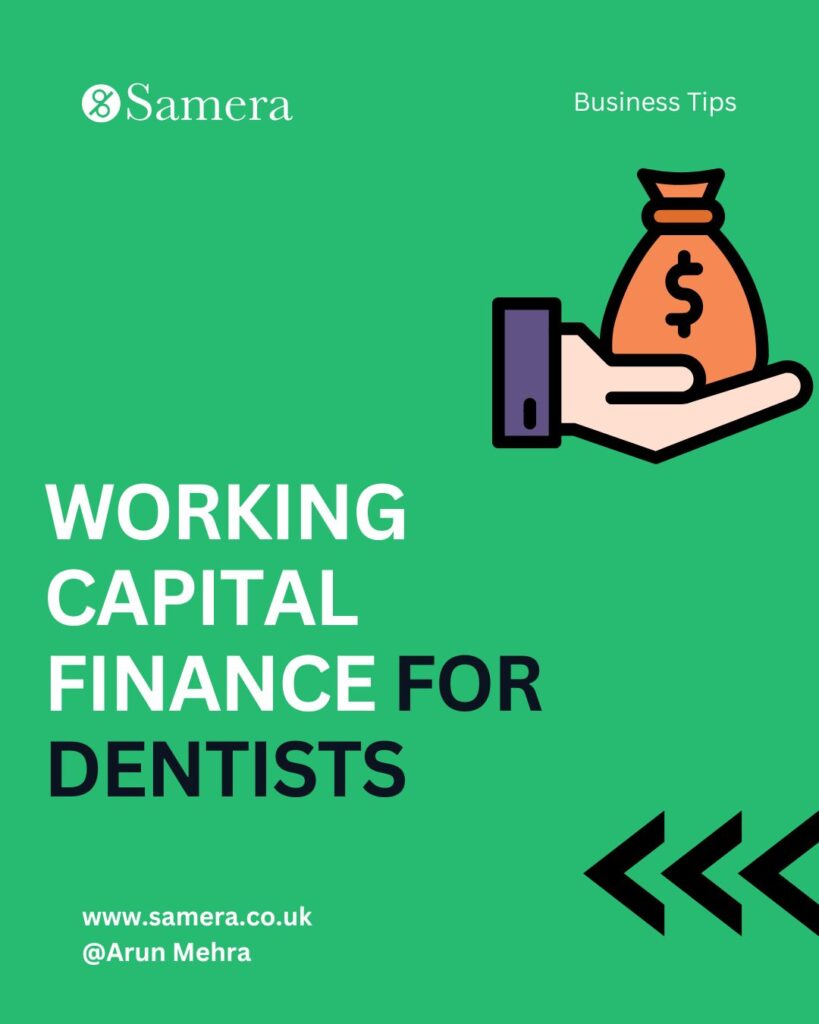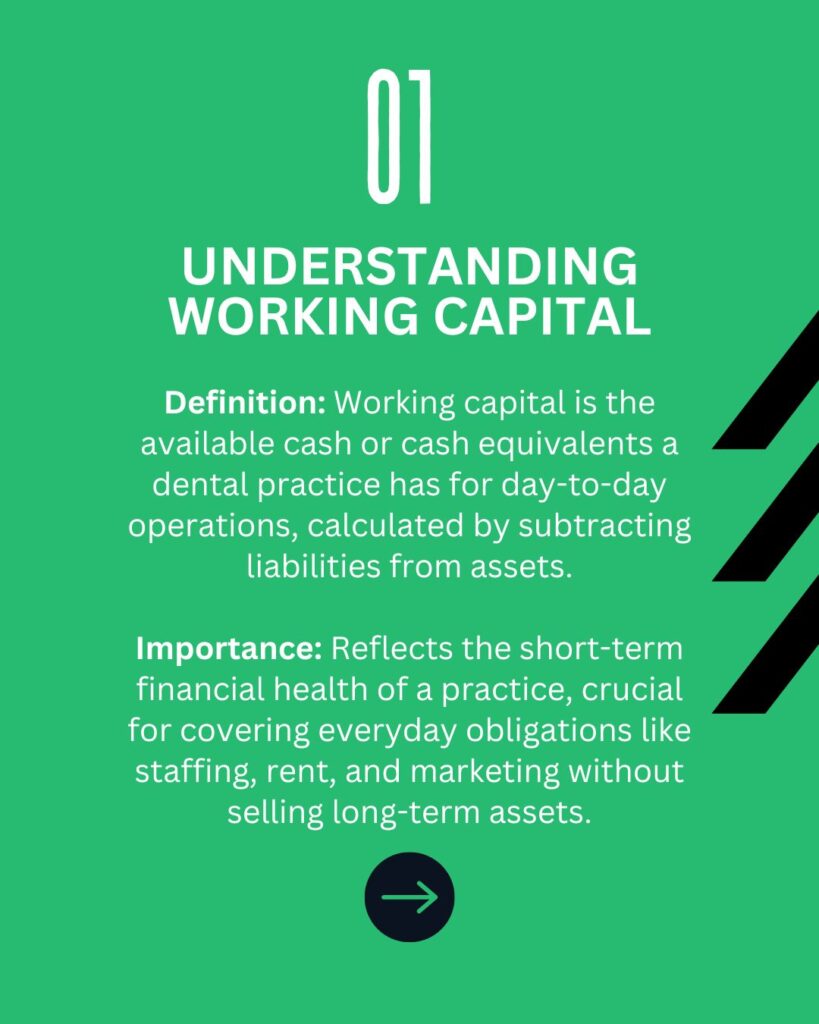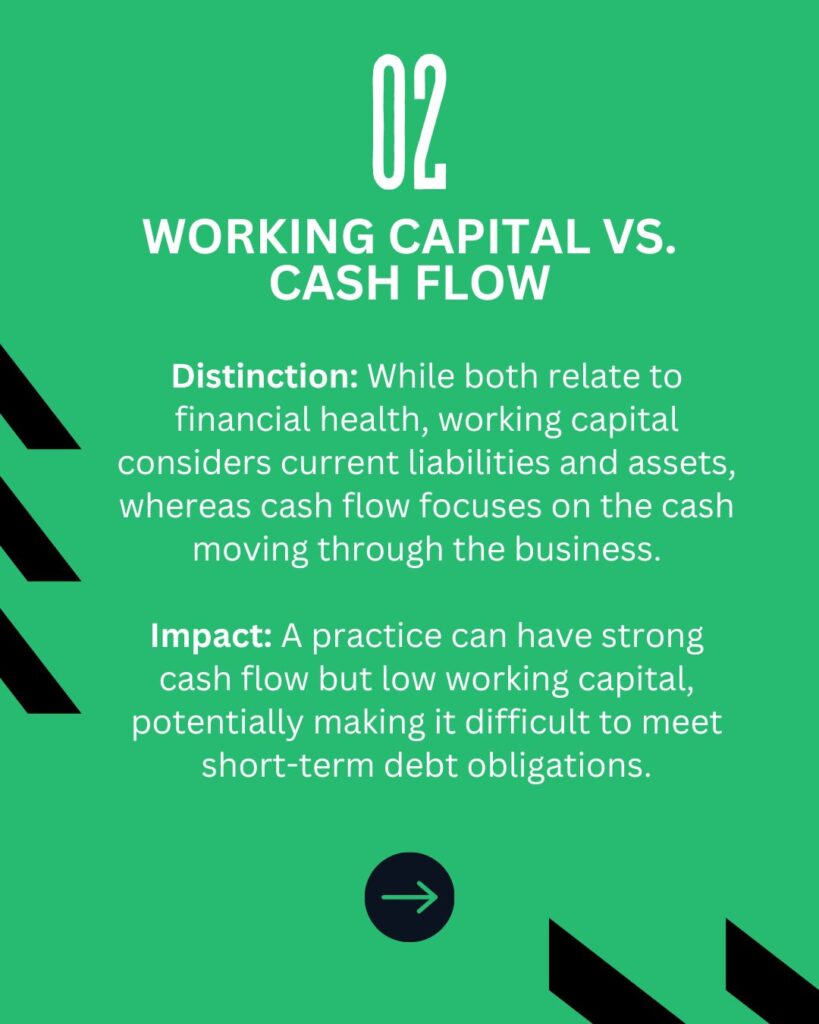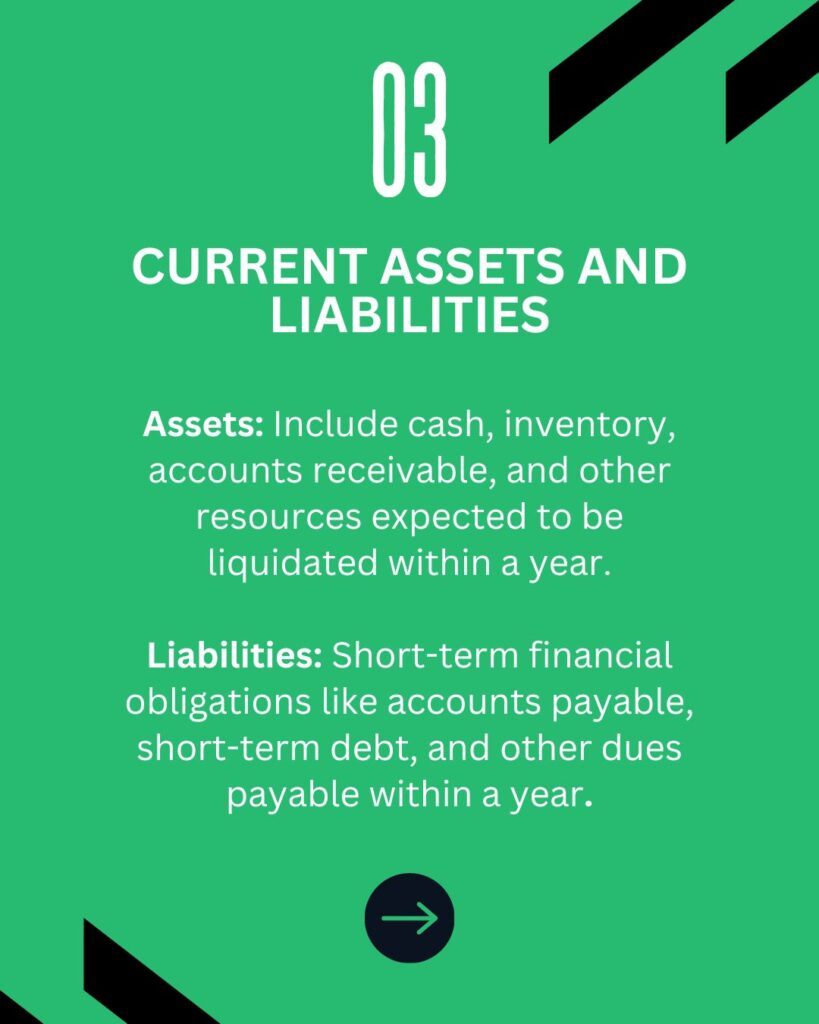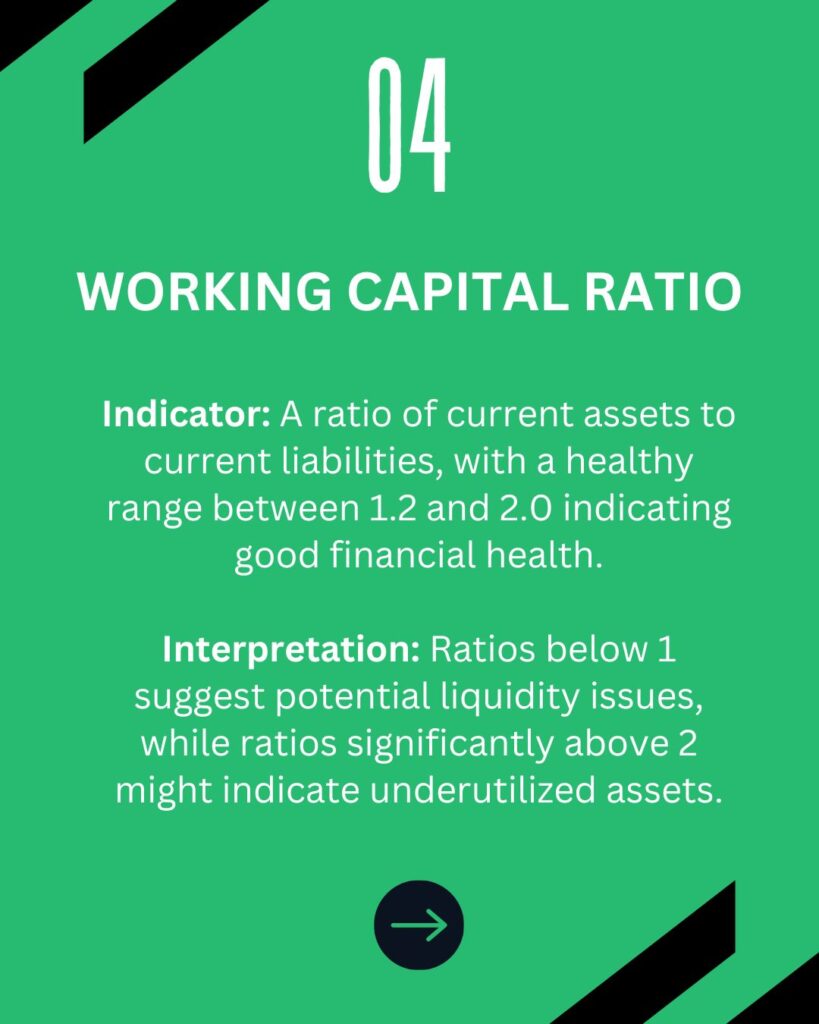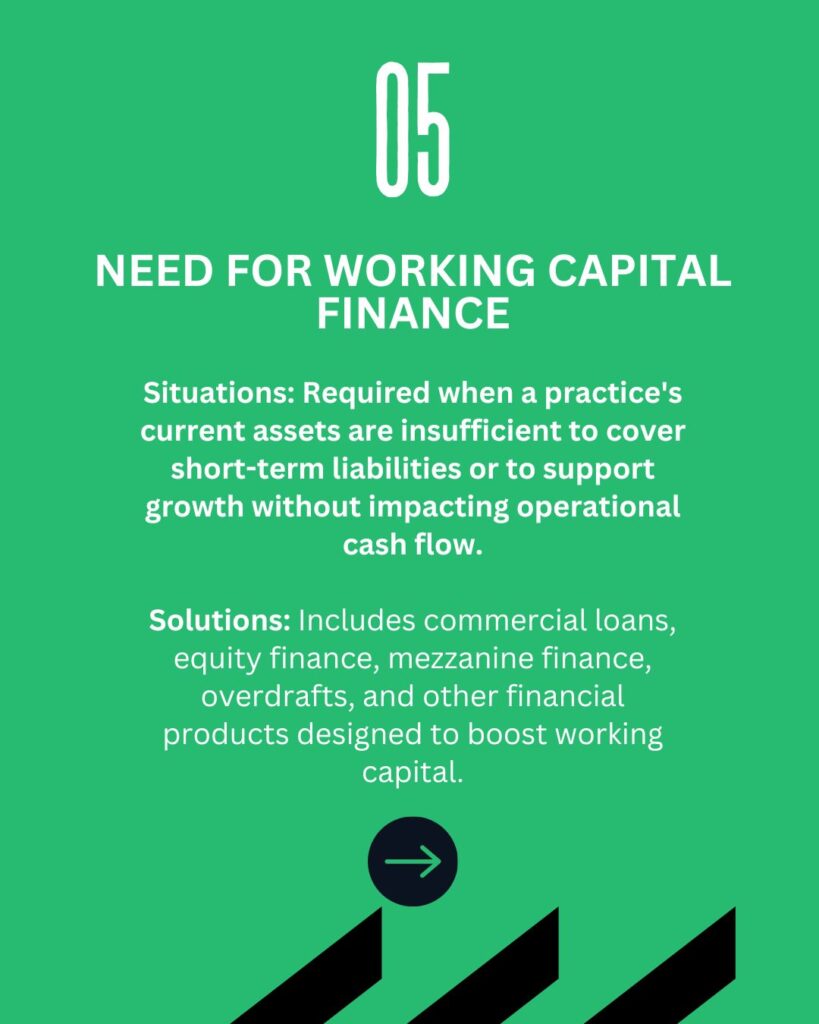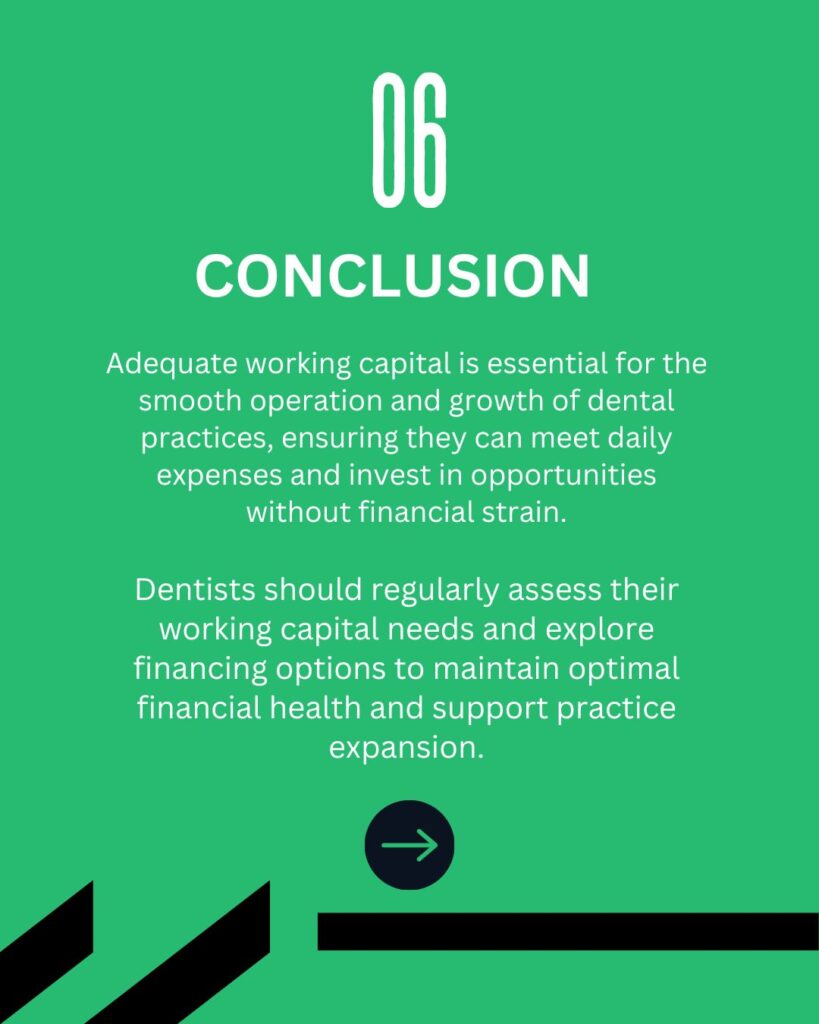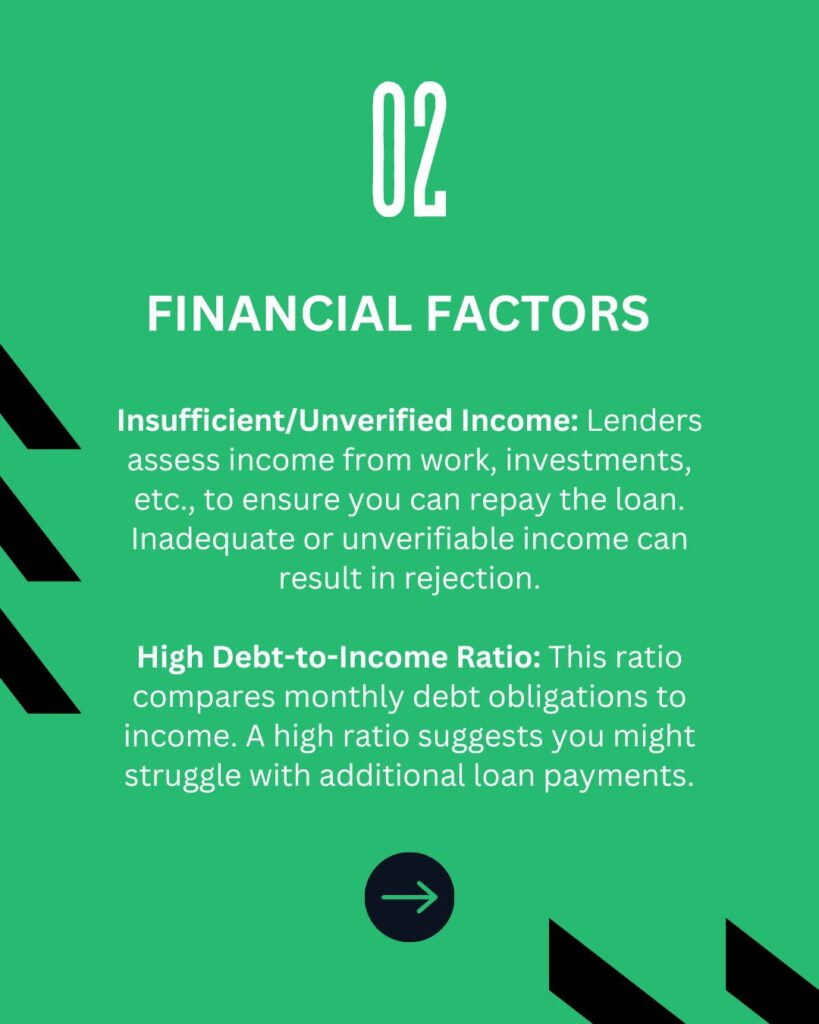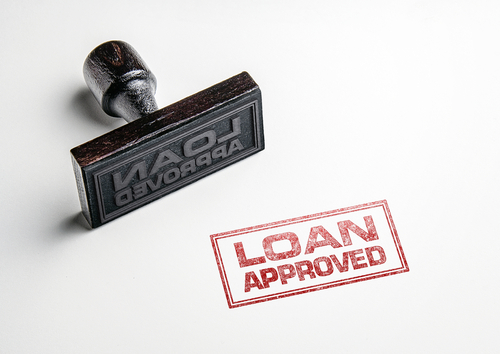As an integral component of the healthcare industry, pharmacists are responsible for ensuring that patients receive the appropriate medication. Running a pharmacy business, however, represents a formidable challenge, particularly when it pertains to cash flow management. A considerable number of pharmacists find themselves in the situation of having to wait for an extended period – sometimes weeks or even months – to receive payment from insurance providers or other clients. This delay in payment may cause a dearth of cash and negatively affect the ability of a business to pay suppliers, employees, and other expenses on schedule. The good news is that invoice financing is an excellent alternative for pharmacists who want to enhance their cash flow. This post aims to delve into the mechanics of invoice financing, as well as its advantages and how it can help pharmacists manage their cash flow more effectively.

Introduction to the challenges pharmacists face in managing cash flow
Pharmacists are an important part of the healthcare industry because they provide patients with essential medicines and healthcare products. Even though pharmacists play a crucial role, managing a pharmacy is difficult, and many find it difficult to maintain a healthy cash flow. Inventory management is one of their biggest challenges because they need to keep a steady supply of medicines and healthcare products to meet demand.
Additionally, insurance companies and other third-party payers frequently offer deferred payments, which severely disrupt cash flow. In addition, unexpected expenditures, such as the purchase of new technology, store maintenance, or the repair of equipment, can put a strain on finances.
Another obstacle pharmacists face when managing cash flow is seasonal fluctuations in demand. The demand for sunscreen, insect repellent, and other summer-related products rises during the summer months, whereas the demand for flu vaccines and related products rises during the winter months.
Pharmacists may face financial difficulties as a result of any one of these issues, but invoice financing is a viable option for boosting cash flow. Pharmacists can get the money they need to run their business by using invoice financing.
Action Plan
Pharmacists play a vital role in healthcare, yet managing a pharmacy poses significant cash flow challenges. Inventory management is key, alongside navigating deferred payments from insurance companies. Unexpected expenses and seasonal demand fluctuations further strain finances. Invoice financing emerges as a solution to bolster cash flow and sustain pharmacy operations effectively.
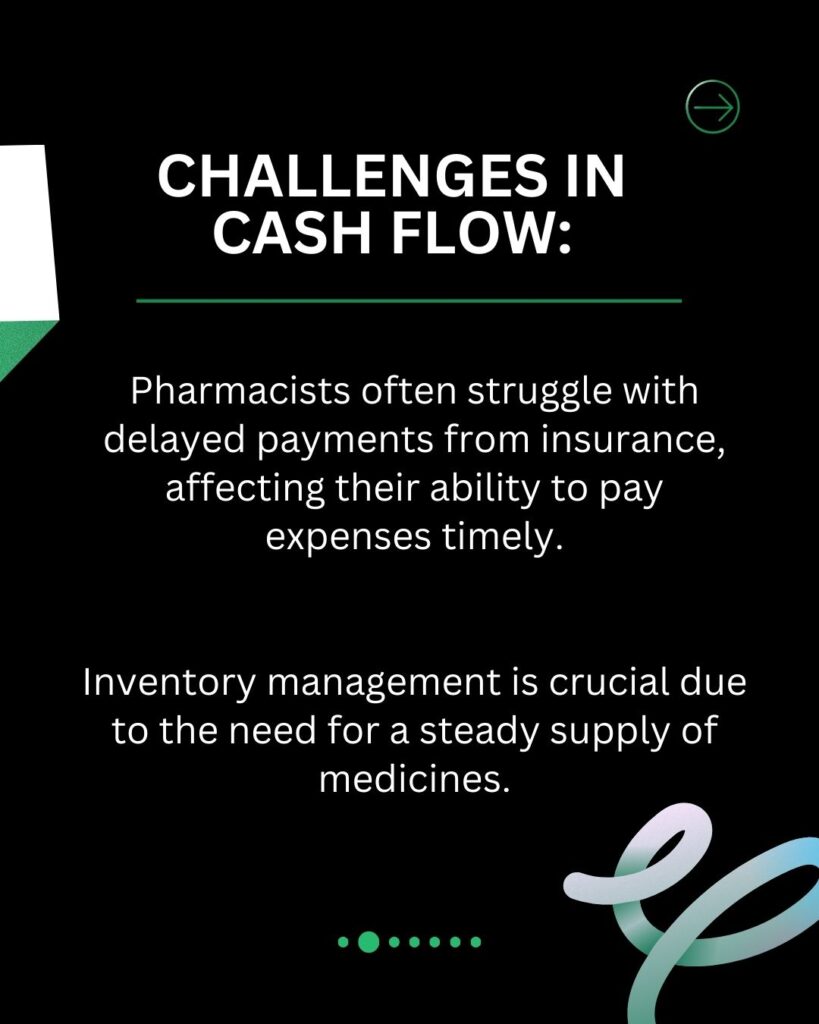
Click to read our article: 6 Reasons UK Pharmacies Should Outsource their Accounts
What is invoice financing and how does it work?
Companies can get a cash advance on unpaid invoices with invoice financing, a financial tool. Businesses can choose to receive an immediate cash injection rather than waiting for customers to pay their invoices. This will allow them to cover their expenses, manage their cash flow, and invest in growth opportunities without taking on additional debt.
Pharmacists can use invoice financing to effectively manage their cash flow and avoid cash flow gaps caused by late invoice payments from customers. By using receipt support, drug specialists can get to the assets important to cover overheads, buy stock, and put resources into promoting and development exercises.
Invoice financing is a simple process. A third-party financier licensed to advance them a percentage of the invoice value is available to a pharmacist once they have issued an invoice to a customer. Depending on the provider and the customer’s creditworthiness, the percentage of the invoice value that is advanced typically ranges from 70% to 90%.
The financier deducts their fees and transfers the remaining funds to the pharmacist when the customer pays the invoice. Pharmacists looking to improve cash flow and maintain a stable financial position can benefit from this procedure because it is a cost-effective and efficient solution. Pharmacists can gain access to the working capital they require to succeed and expand their businesses by capitalising on the value of their unpaid invoices.
Action Plan
Invoice financing offers pharmacists a swift solution to enhance financial stability. By leveraging unpaid invoices, they can improve cash flow, access funds without collateral, and customize solutions to their needs, potentially bolstering credit ratings through timely payments.
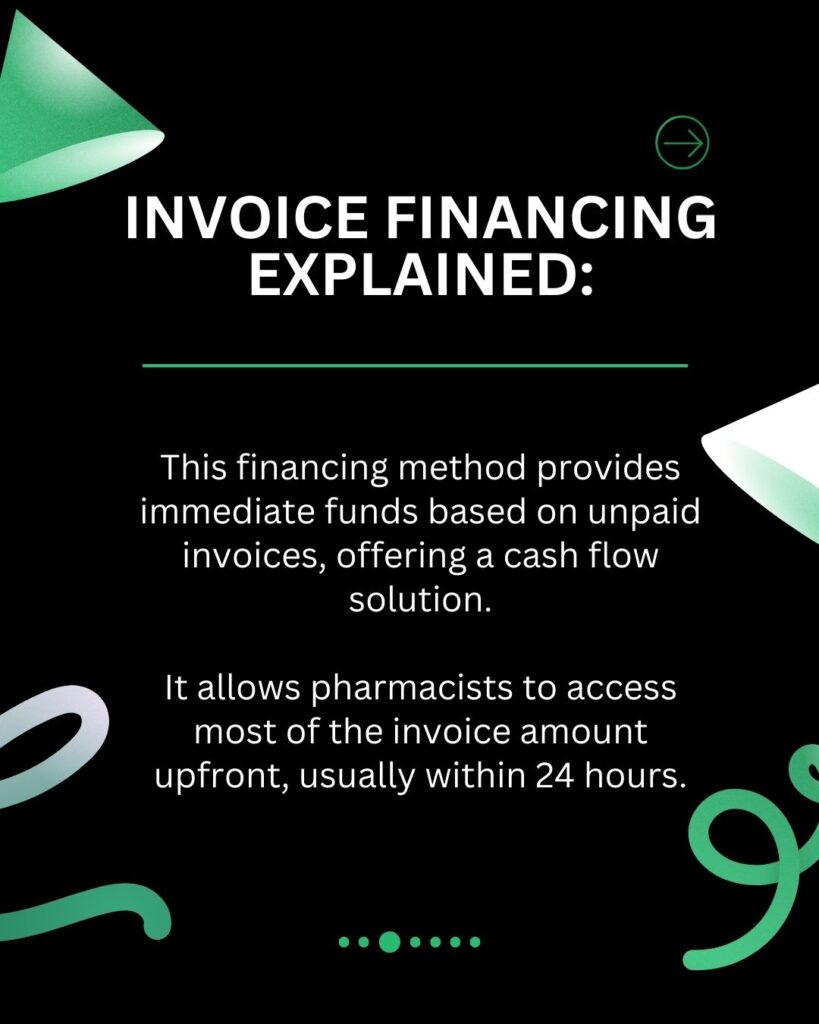

Benefits of invoice financing for pharmacists
Pharmacists may find that invoice financing is an excellent choice for bolstering one’s finances. It is a type of financing that lets businesses get money from unpaid invoices even before customers pay them.
From invoice financing, pharmacists can benefit in the following ways:
- A stronger cash flow: Pharmacists have the ability to improve their cash flow by prompting the payment of any outstanding invoices. This is especially important for people whose invoices are being paid by insurance companies, as this can frequently cause lengthy delays.
- Faster payment: With receipt support, pharmacists can get installment for their exceptional solicitations in a couple of days. They may feel less anxious about having to wait for payment to arrive before they can pay for their expenses as a result of this.
- No insurance required: As an unsecured loan, invoice financing does not require pharmacists to pledge an asset as security. Pharmacists who lack the assets to secure a loan may greatly benefit from this.
- Customizable: Invoice financing is adaptable and can be tailored to meet the specific needs of pharmacists, such as the amount of money they want to borrow and the repayment terms.
- Boosted credit rating: Invoice financing can help pharmacists improve their credit by giving them a way to pay their bills on time. For pharmacists who have previously struggled with bill payments, this could be extremely helpful.
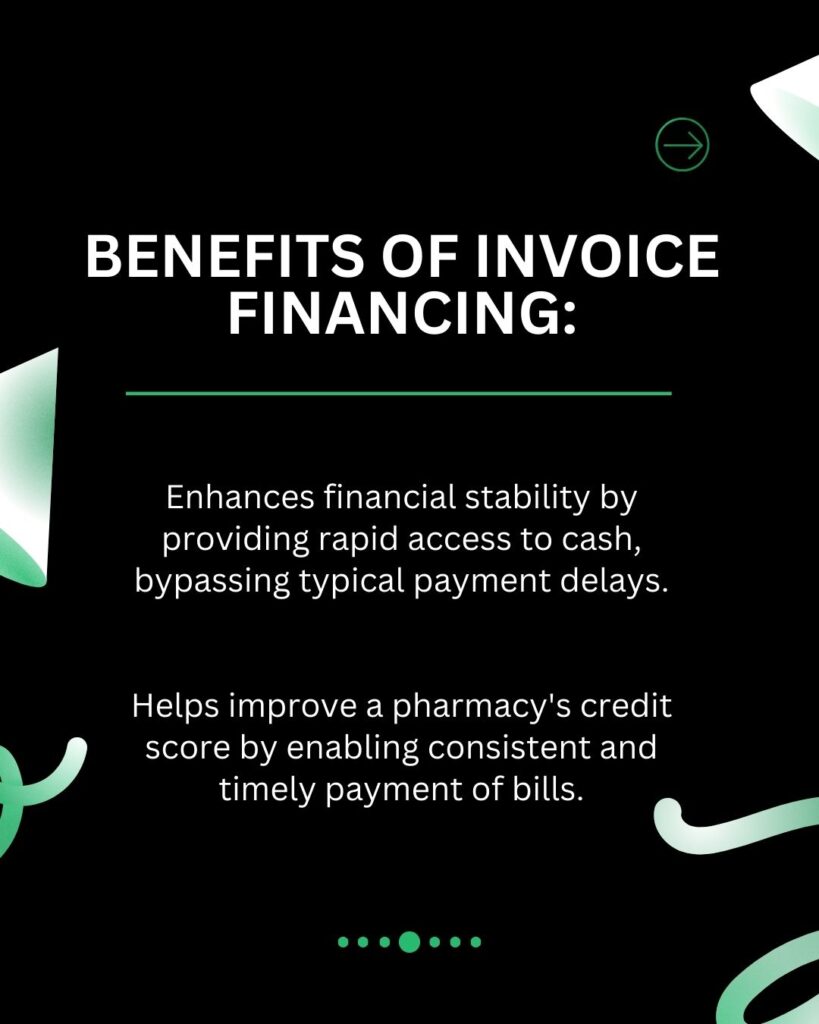
Who can qualify for invoice financing?
For pharmacists seeking to enhance their cash flow, invoice financing can be an outstanding choice. Nonetheless, not all merchants may meet the eligibility criteria for this kind of financing. Most frequently, invoice financing is offered to corporations that possess a substantial volume of invoices and a dependable customer base. Hence, pharmacists that have a consistent flow of invoices and customers may be entitled to this form of financing. Additionally, a lot of invoice financing companies mandate corporations to have operated for a specific period, which typically ranges from 6 months to a year.
When gauging eligibility, invoice financing companies also contemplate creditworthiness. Certain invoice financing enterprises may necessitate a minimum credit score to be eligible for their services. Nonetheless, other factors such as the company’s financial statement robustness and its payment record could be scrutinised by other invoice financing firms.
It’s worth noting, however, that the requirements for eligibility may change based on the invoice financing firm. Consequently, pharmacists must conduct extensive research on various financing companies to find one that is perfect for their needs and qualifications. By doing this, pharmacists can avail themselves to the advantages of invoice financing and advance their cash flow.
Action Plan
Invoice financing is typically available to businesses with a steady flow of invoices and a reliable customer base. Firms must often have operated for a specific period, ranging from 6 months to a year, and meet certain creditworthiness criteria. Requirements may vary among invoice financing companies, so pharmacists should research different firms to find the best fit for their needs and qualifications.
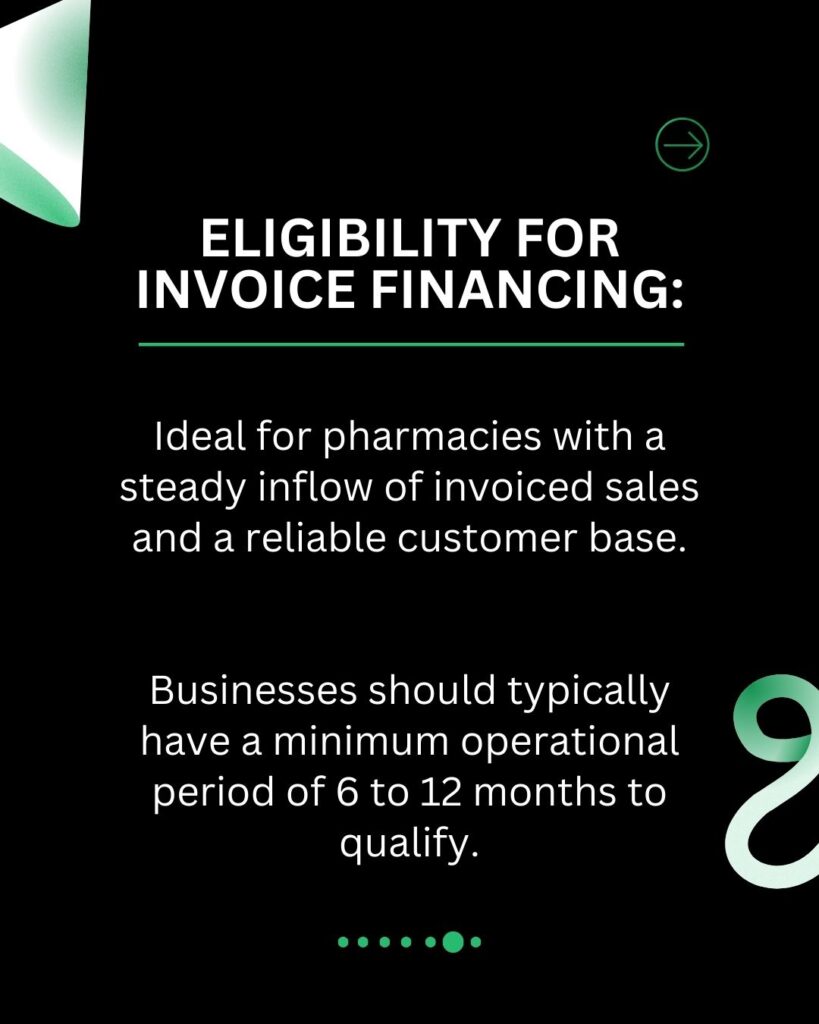
Click here to watch our webinar on raising finance to buy a pharmacy.
How to apply for invoice financing
To apply for invoice financing, you need to follow a simple application process. You will have to furnish your pharmacy’s name, address, and invoice details, which are intended to be financed. The invoice amount, due date, and the customer’s name must be included as well.
Furthermore, you are obligated to submit bank statements and tax returns to assess your creditworthiness, which is critical for the lender.
The lender will examine your application after collecting the necessary information before granting your loan request. Upon approval, the funds will be available to you within a few days.
When applying for invoice financing, it is critical to select a reputable lender who has a history of assisting pharmaceutical companies like yours in securing financing. To get the best deal, compare financing offers from various lenders. By implementing an effective financing strategy, you could boost your cash flow and expand your pharmacy business.
Action Plan
To apply for invoice financing, submit your pharmacy’s details and invoice information along with bank statements and tax returns. After the lender reviews your application, funds can be available within days. Choose a reputable lender experienced with pharmaceutical companies, compare offers, and implement an effective financing strategy to improve cash flow and grow your pharmacy business.
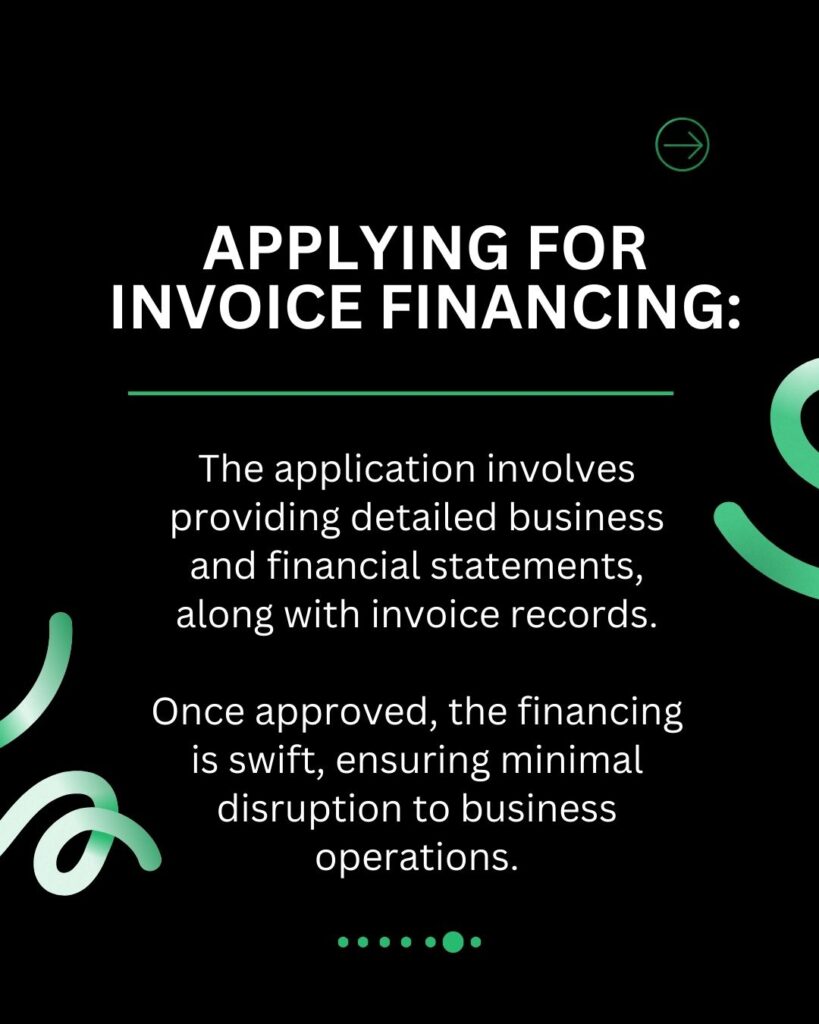
Understanding the cost of invoice financing
As a means of enhancing cash flow, invoice financing can work wonders, provided you have a clear comprehension of the costs connected with this particular financing option. Basically, when you opt for invoice financing, you are vending your due invoices to a lender in exchange for an advance sum of cash. The lender would then recover the sum owed on the invoice from your clients, and you would receive the rest of the payment (minus the fee).
The costs that come with invoice financing depend mainly on the lender and the terms of the agreement. In general, there are two different charges that are related to invoice financing- a discount fee and an interest rate fee.
The discount fee is the percentage of the invoice amount that the lender levies for providing the cash advance, and this varies from 1-5% of the invoice amount, depending on the lender and the creditworthiness of your clients.
The interest rate fee is the interest rate imposed on the cash advance and is generally computed on a monthly basis. This fee is different depending on the lender and ranges from 1-2% each month.
It is crucial to thoroughly examine the terms of the agreement with the lender and fathom all the charges related to the invoice financing. This will assist you in establishing if this method of financing is appropriate for your business and if the fees are reasonable enough to outweigh the advantages of enhanced cash flow.
Action Plan
Invoice financing typically involves two main charges: a discount fee (1-5% of the invoice amount) and an interest rate fee (1-2% per month), varying by lender and client creditworthiness. It’s essential to review these costs carefully to ensure they align with the benefits of improved cash flow for your business.
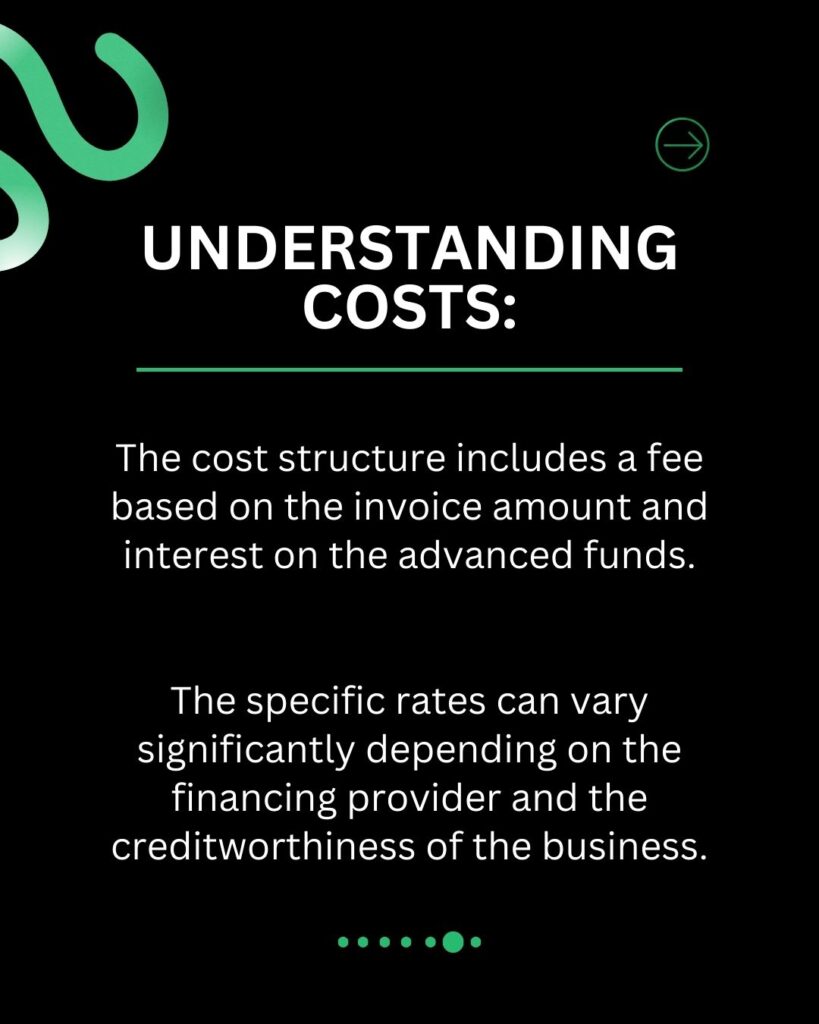
Click here to read our article on How to finance a healthcare business.
Tips for using invoice financing effectively
Invoice financing can be a very useful tool for pharmacists who need to increase their cash flow. However, just like with any financial product, its usefulness is determined by its efficiency.
To get the most out of invoice financing, consider the following:
- Know what you need for cash flow: Understanding your cash requirements is essential before engaging in invoice financing. How much cash do you require to cover your day-to-day costs and how quickly do you need it? This is important information that will help you choose the best invoice financing option and ensure that you get the money you need when you need it.
- Choose a trustworthy financier: Since there are a lot of companies that offer invoice financing, you need to find a partner who is reliable, honest, and trustworthy. Find a partner who provides excellent customer service, straightforward terms and conditions, and reasonable rates.
- Take charge of your invoices: Being proactive with your billing is essential if you want to get the most out of invoice financing. Ensure that your invoices are accurate and sent out on time, and promptly follow up if payment is not received. The quicker your invoices are paid, the sooner you will be able to get the money you need.
- Make prudent use of the funds: When you get money from invoice financing, you need to use it wisely. Prioritise your spending and make a clear plan for how the money will be used. Don’t put the money to waste on long-term or unnecessary investments that won’t pay off right away.
Pharmacists can use invoice financing to their advantage, increasing their cash flow and expanding their businesses, if they follow these guidelines.
We trust that after reading this, you have gained a more comprehensive comprehension of how pharmacists can expand their liquid assets with the help of invoice financing. With invoice financing, waiting for insurance companies or other third-party payers to settle the payment after 30, 60, or 90 days will no longer be a concern. This option allows for prompt compensation, granting pharmacists the ability to shift their focus towards enhancing their business and providing better service to their patients. Should you be struggling with financial constraints, invoice financing might just be the solution required to elevate the success of your pharmacy.
Action Plan
To optimize the benefits of invoice financing, pharmacists should first assess their cash flow requirements, and then select a reputable financier offering transparent terms and fair rates. Proactive management of invoices, including accuracy and timely billing, is crucial for swift payment processing. Finally, the judicious allocation of funds to essential expenses ensures optimal use of the financing. With these steps, pharmacists can leverage invoice financing effectively to improve cash flow and expand their businesses.
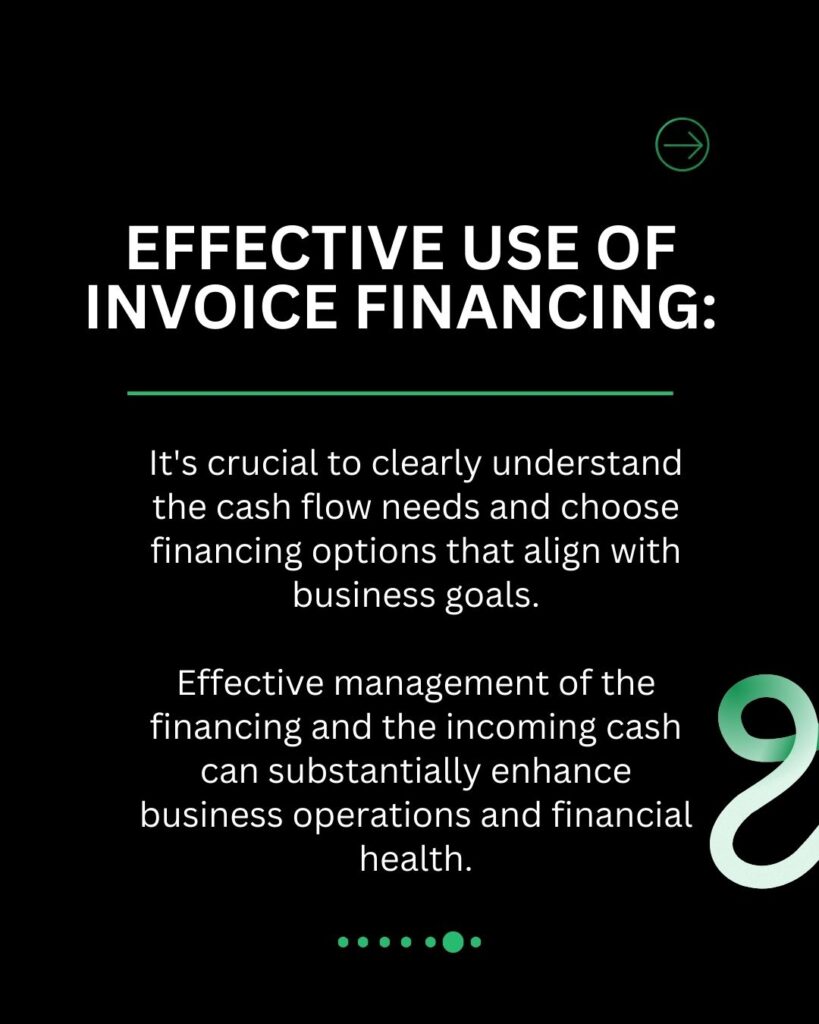
Click here to know more about funding options for pharmacists in the UK
Business Loans for Healthcare Businesses
We’ve been helping to fund the future of British healthcare businesses for over 20 years and our team are made up of former bankers with decades of experience in the UK’s healthcare lending sector.
You can find out more about working with Samera and the financial services we offer by booking a free consultation with one of the Samera team at a time that suits you (including evenings) or by reading more about our financial services at the links below.
For more information on raising finance for your healthcare business, including more articles, videos and webinars check out our Learning Centre here, full of articles and webinars like our How to Guide on Financing a Dental Practice.
Make sure you never miss any of our articles, webinars, videos or events by following us on Facebook, LinkedIn, YouTube and Instagram.
Reviewed By:
Nigel Crossman
Head of Commercial Finance
Nigel is a former banker and head of commercial finance at Samera. He specialises in raising finance, negotiating deals and structuring finance applications for healthcare businesses.
Dan Fearon
Finance Manager
Dan is a former banker and the head of our dental practice sales team. He specialises in asset finance for healthcare businesses and dental practice sales.






